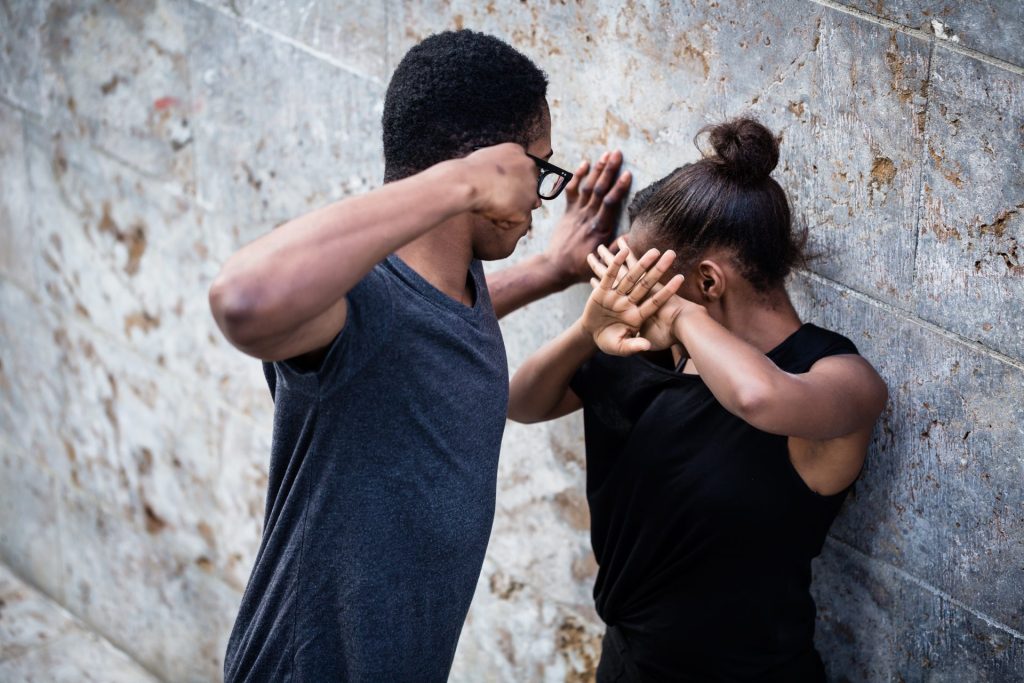This article was last updated: Oct. 25th, 2022
Colorado has a unique gun law that gives gun owners the right to shoot and kill an intruder in self-defense. Whenever a prominent self-defense case is in the news, the “Make My Day Law” is talked about whenever a prominent self-defense case arises. Colorado was among the first states to enact Make My Day legislation in 1985, giving homeowners legal immunity if they shoot and kill home intruders under certain circumstances. We will discuss how Colorado’s “Make My Day” law works below.
What is the Make My Day Law?
The Make My Day Law refers to a Colorado residents right to use deadly force to stop a home intruder under certain circumstances. The Make My Day Law is codified in CRS 18-1-704.5. The Make My Day Law is somewhat controversial and has been in the news whenever a case arises in which a homeowner uses deadly force. Colorado’s Make My Day Law provides immunity from Criminal prosecution of the homeowner and civil liability and claim self defense.
In other words, as long as the elements of the Make My Day Law have been met, the homeowner cannot face criminal charges. The victim’s family cannot bring a civil lawsuit against the homeowner for wrongful death or under any other legal theory. Additionally, the Make My Day Law provides homeowners with an affirmative defense for using force to repel an intruder.
Under the Make My Day Law, if a person has made him none invited entry into a dwelling, any dwelling occupant is justified in using physical force. The occupant can use deadly force if the occupant of the dwelling reasonably believes that the Intruder has or will commit a crime in the dwelling in addition to the uninvited entry. The occupant must also reasonably believe that the Intruder may use physical force, no matter how slight, against the occupation of the dwelling. When these circumstances apply, the occupants will have civil and criminal immunity for using physical force against an intruder.
What if the Intruder is Unarmed?
What happens when an intruder enters a dwelling without permission but is not armed with a knife, handgun, or another deadly weapon? Colorado’s Make My Day Law allows the occupant of the home to use deadly physical force against the intruder, even if the intruder is unarmed. It does not matter if the person who entered the dwelling uninvited has a weapon or not.
Under Colorado’s Make My Day law, an intruder’s fists can still qualify as weapons against you. You are only required to believe that the Intruder has or will commit a crime in addition to entering your home unlawfully and that the Intruder may use physical force against you or someone else in the dwelling.
You are not required to believe that the intruder has any sort of weapon to be protected by Colorado’s Make My Day Law. As long as the occupant believes that the intruder will commit a crime against a person or property in the dwelling and believes they might try to do bodily harm to himself or someone else in the drawing, the occupant can use as much force as needed.
The homeowner can use a gun, pistol, knife, shotgun, sword, or anything else lying around the house to defend himself or herself. Colorado law recognizes the right of its residents to expect absolute safety within their own dwellings, which is the legislative policy goal for this law that justifies the use of deadly force in home invasion scenarios. However, it is important to note that not all states give residents this right. If you are not in Colorado, you will need to check the local laws to have the right information for your location.
Civil Immunity From Lawsuits
In some cases, even after a person has been acquitted or exonerated from a crime, they can still face action in civil court. Family members may try to bring a wrongful death lawsuit against the person who killed their loved one. The Make My Day law specifically prevents anyone from bringing a civil lawsuit against someone who defends themselves under the Make My Day law. Currently, 22 states provide civil immunity under certain self-defense circumstances that involve home violations.
Colorado Does Not Require a Duty of Retreat
Under Colorado’s Make My Day Law, there is no duty to retreat. The duty to retreat doctrine is a legal doctrine that only allows people to use deadly force as a last resort. Under this doctrine, you cannot use deadly force, even to protect yourself or someone else, if you could safely avoid the risk of harm or death by another means, such as running away. In 1991, the Colorado Supreme Court held that “an innocent victim of assault is not bound to retreat before using deadly force when the use of such force is reasonable under the circumstances.” Idrogo v. People.
Location Limits for the Make My Day Law
The Make My Day law in Colorado law only applies when an intruder has entered your dwelling. The property owners who uses force against the intruder must prove that the intruder did, in fact, enter their dwelling. The Make My Day Law does not give a person the right to shoot and kill an intruder who is standing on their front porch or backyard.
For example, if a person climbs your fence to steal something in your backyard, you do not have a right to shoot them from your second-story window. Additionally, you cannot be protected by Colorado’s Make My Day law if you shoot someone on public property or in another situation outside of your home. In most cases, the intruder needs to come into your home for you to be protected by the Make My Day Law.
If you are concerned about facing criminal charges for acting in self-defense, our skilled criminal defense attorney will carefully review your case and provide you with an excellent legal strategy for self defense law.









